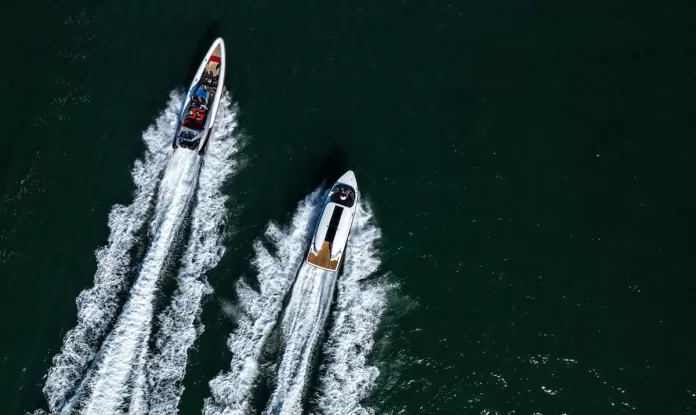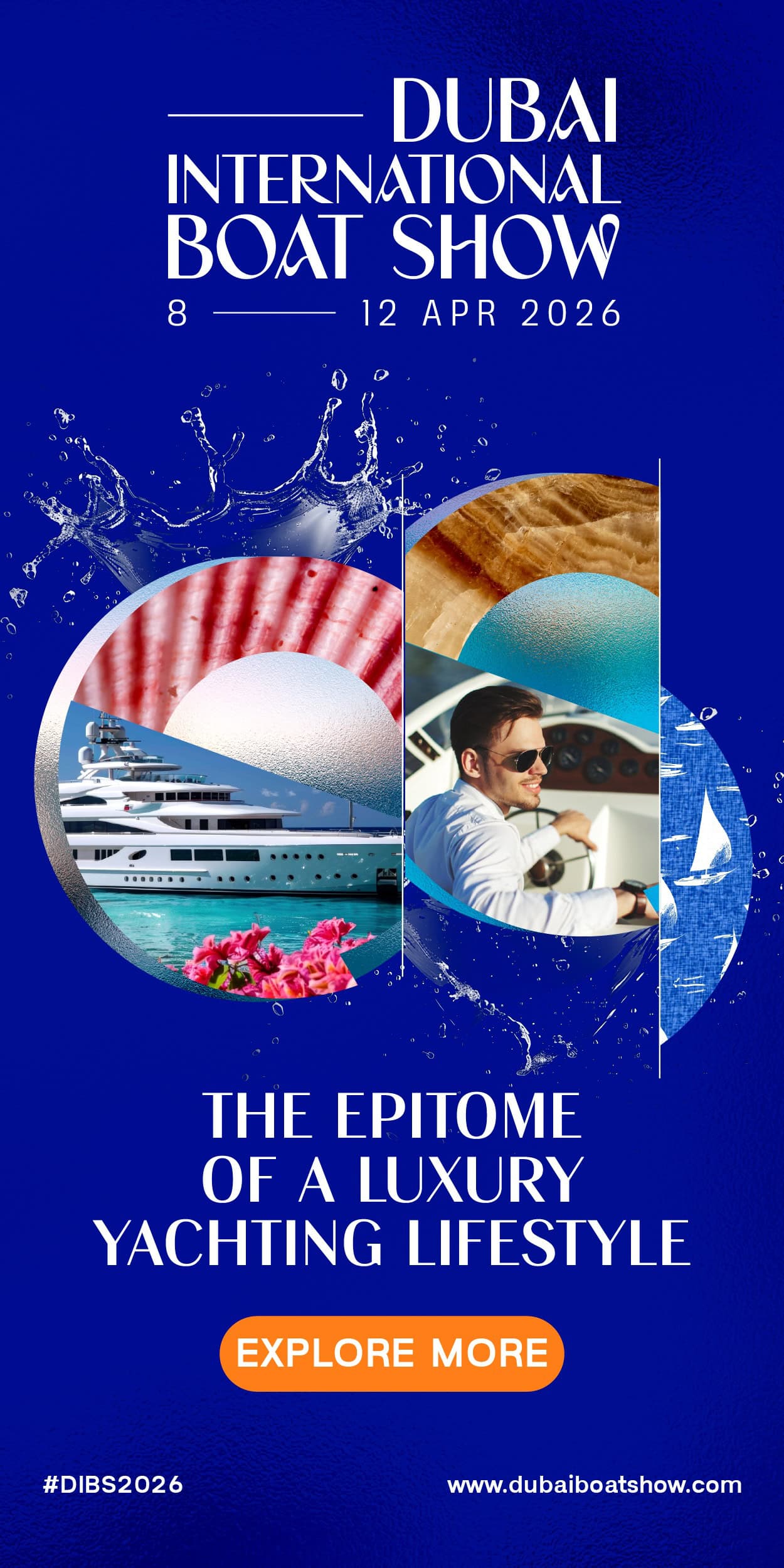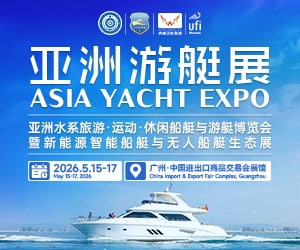Southampton’s Solent University, Osprey Research and Pascoe International have been awarded £300,000 to develop a new type of marine engine using ammonia as a fuel.
The companies point out that the small-craft industry has traditionally used engines based their automotive counterparts. However, changes to automotive technology, with manufacturers moving to electric or hydrogen propulsion, means that many are no longer in development, creating supply issues which are already impacting some small craft manufacturers.
While pure electrical power or hydrogen provide a viable solution for many applications, carrying sufficient energy in smaller, faster sea going craft can present weight and internal storage issues.
The companies believe that in the longer-term, ammonia may provide a more feasible energy source to allow the use of internal combustion engines whilst achieving zero carbon emissions.
The project will use the funding to create a compact, lightweight but powerful internal combustion engine which will run on ammonia – featuring innovative technology to address some of the known issues with the fuel.
“Future marine propulsion will require a mix of technologies to suit the broad range of marine applications,” explained Andrew Barnes, MD of Osprey Research which designs and develops clean, efficient and compact engines.
“The internal combustion engine provides a robust and proven solution; the issue is the fuel. However, moving away from carbon-based fuels to zero carbon fuels, such as ammonia, requires more than just re-calibrating an existing engine. The basic operation of the engine itself needs to be re-evaluated. This project allows us to look at a significant change to the basic engine architecture in a way we couldn’t otherwise justify.”
The project will also assess the impact of the engine on a representative design for a small craft to be used aboard superyachts.
The results will be used to determine the overall environmental impact of the installation in a representative small craft.
“We are committed to leading the superyacht market in the development and real-world integration of alternative fuel technologies,” added Richard Watson, MD of Pascoe International, designer and builder of luxury superyacht tenders. “We see our work to develop fully electric solutions across our range as a step towards an industry no longer reliant on fossil fuels – zero carbon fuels unlock the next phase of lighter, longer-range vessels.”
“The collaborative nature of this exciting project allows us to ensure that the installation and operation of emergent technologies are considered at an early stage, accelerating the time to market.”
Information and data gathered will be used to assess the technical and economic feasibility of ammonia engines in small craft, and how it might be used aboard small craft.
Solent University will undertake a life cycle analysis to determine the overall impact, as well as hydrodynamic testing to establish the performance and fuel requirements when installed in the vessel.
Professor James Knowles, university vice-chancellor, added: “This seed-funding provides an ideal opportunity to solve a pressing and serious challenge to the small craft industry.
“The project shows the real benefits of collaboration between industry and university research. Our findings will be used to develop and drive clean marine technology and its implementation in industry and help educate the next generations of naval architects and marine engineers.”
The project is part of the Clean Maritime Demonstration Competition round four, funded by the UK Department for Transport and delivered by Innovate UK.




